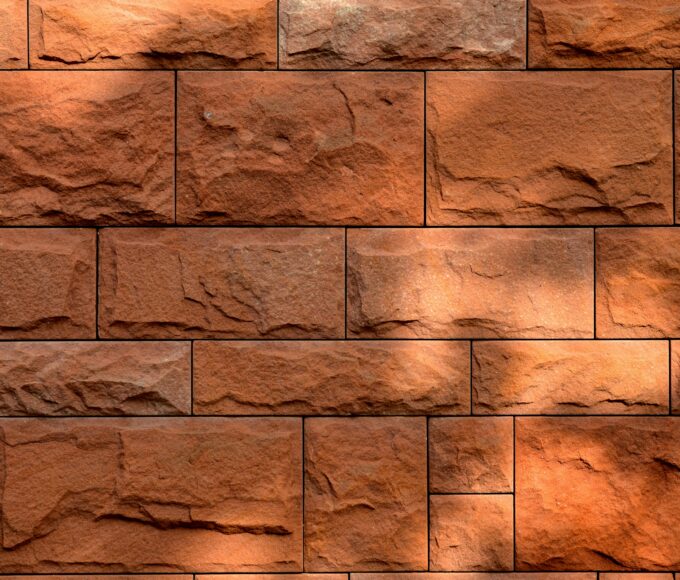Caulking might not be the most glamorous topic, but it’s a crucial part of maintaining your home. Whether you’re sealing gaps around windows, plumbing fixtures, or bathtubs, the right caulk can make all the difference in keeping your space comfortable and energy-efficient.
In Melbourne’s unique climate—where humidity can fluctuate dramatically—understanding how to effectively use caulk becomes even more important. Poorly sealed areas can lead to drafts, leaks, and even mold growth. Nobody wants that! So let’s dive into the world of caulking and discover tips and techniques that will help you achieve a flawless finish every time.

Get ready to transform those unsightly cracks and gaps into perfectly sealed surfaces with ease!
Understanding the Importance of Caulking in Melbourne
Caulking plays a vital role in maintaining the integrity of homes in Melbourne. With its unique climate, fluctuating temperatures can create gaps and cracks. These not only reduce energy efficiency but also allow moisture to infiltrate. Proper caulking Melbourne prevents leaks that could lead to extensive water damage. It acts as a barrier against pests, ensuring your home remains safe from unwanted intruders.
In addition, well-done caulking enhances aesthetic appeal. Clean lines around windows and doors give your property a polished look. This is especially important for homeowners looking to boost their property’s value. Regular maintenance through caulking helps prolong the life of building materials like wood and siding. In a bustling city like Melbourne, protecting one’s investment is key to enjoying long-term benefits with minimal hassle.
Types of Caulk and Their Uses
Caulk comes in various types, each serving a specific purpose. Silicone caulk is popular for its flexibility and waterproof characteristics. It’s ideal for bathrooms and kitchens where moisture is prevalent. Acrylic latex caulk, on the other hand, is perfect for indoor projects. It’s paintable and easy to clean up with water, making it suitable for sealing gaps around windows and doors. For exterior use, consider polyurethane caulk. This tough option withstands harsh weather conditions while providing excellent adhesion.
If you’re working with concrete or masonry, look into specialty masonry caulks designed to fill cracks in these surfaces effectively. Each type of caulk has unique properties that cater to different environments. Knowing which one to choose can make all the difference in achieving a seamless finish that lasts long-term.

Necessary Tools and Supplies for Caulking
When it comes to caulking, having the right tools and supplies is essential for achieving a smooth and professional finish. Here’s a handy list of what you’ll need before getting started. First on the list is a quality caulk gun. Look for one that offers good grip and smooth operation. There are manual options as well as battery-operated ones, which can make your job easier, especially for larger areas. Next, you’ll want to select the appropriate caulk type based on your project requirements. A utility knife will come in handy not only for cutting open tubes but also for trimming existing caulk that needs replacing.
Don’t forget about masking tape! This simple tool helps create clean lines by preventing excess caulk from spreading onto unwanted surfaces. Applying it carefully will save you time during clean-up. A putty knife or scraper can be useful if you’re working with old surfaces needing prep work. It allows you to remove any debris or loose material effectively before applying a new caulk. Keep some rags nearby for quick cleaning jobs. You might find yourself needing them after smoothing out edges or wiping away any mistakes along the way.
Gathering these tools beforehand makes your task much smoother. You’ll be ready to tackle any gaps or cracks around your home with confidence and skill.
















